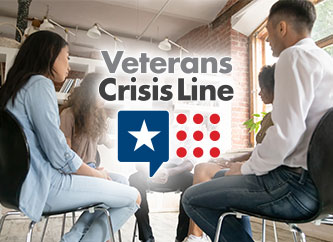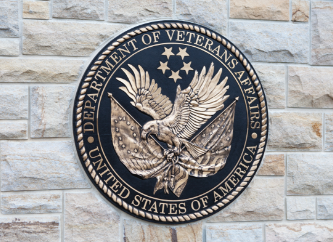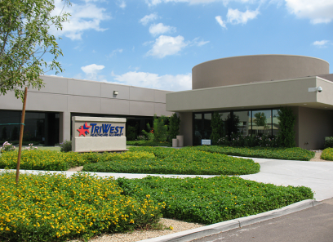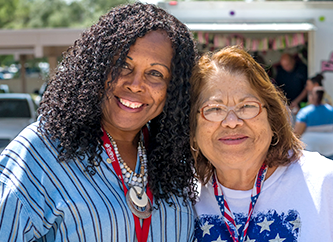Post-Traumatic Stress Disorder (PTSD)
Post-traumatic Stress Disorder, or PTSD, is an anxiety disorder that can occur when an individual has experienced a terrifying ordeal or event. People with PTSD often relive the experience through nightmares and flashbacks.
Some individuals may detach emotionally to avoid reminders of the traumatic event, causing a feeling of being disconnected or estranged from family and friends. PTSD affects many areas of everyday life and relationships, including job instability, and marital or parenting issues.
Treatment Works
- According to the Department of Veterans Affairs, 53 out of 100 people who received trauma-focused psychotherapy no longer meet criteria for PTSD.
- 42 out of 100 people who take medication no longer meet criteria for PTSD.

PTSD Treatment
Psychotherapy
Psychotherapy, also known as "talk therapy,” is one way to discuss problems and find solutions. A therapist will help develop skills for coping with overwhelming feelings and symptoms, and help alter behavior patterns that may be harmful.
Medication
Antidepressant and antianxiety prescription medications can help reduce anxiety symptoms and improve sleep. Individual body chemistries are unique. One antidepressant medication does not fit all. Therefore, your provider will work with you to find the one that works best for you. While antianxiety medications can also improve sleep, be aware that benzodiazepines (a category of antianxiety medication) can lead to dependence problems, so it is important to work closely with your provider for guidance.

PTSD Provider Options
Psychiatrist
A psychiatrist is a medical doctor, who diagnoses and treats mental illness. Treatment can often include medications. Family doctors and nurse practitioners can also prescribe medications to treat mental illness.
Psychotherapist
Psychotherapists provide talk therapy using interventions based on different theories.

Find a VA Provider
Eligible Veterans can locate a provider at VA’s website: https://www.va.gov/find-locations













